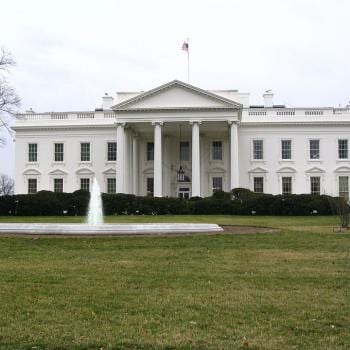The argument that abortion is largely a function of poverty is simple and initially plausible. Children cost money. The less money one has, the less likely one will be able to afford having a child. Therefore, the poorer a woman is, the more likely it is she will have an abortion if she becomes pregnant.
This argument may sound plausible, but is it actually true? DarwinCatholic has a post up today which runs the numbers and concludes that there is less connection between the poverty rate and the abortion rate than one might think. I can’t say whether Darwin is right or not, but there are a couple of reasons to doubt whether the argument given above tells the whole story about abortion and poverty.
The first reason, suggested by Darwin’s post, is that while an increase in poverty might lead (at least temporarily) to an increase in the proportion of pregnant woman who have abortions, this needn’t result in more abortions, as increases in poverty could lead to fewer people getting pregnant in the first place. If Children cost money, and the easiest way not to have children is to not get pregnant in the first place, we would expect the pregnancy rate to decline during economically hard times, and this decline might very well offset an increase in the likelihood that women will have abortions if they become pregnant.
A second reason, not mentioned by Darwin, has to do with opportunity costs. Granted that children cost money, it isn’t true that every child costs the same amount of money, especially if we take into account the opportunity costs of having a child. While a 20 year old college student or a 30 year old young professional who has a child may see their long term earning potential seriously decreased, the same would not be true for women whose economic prospects were not so high to begin with. In fact, if a girl is poor enough, having a child may improve at least her short term economic prospects, as having the child will make her eligible for various government benefits. Because the opportunity costs of having a child are so much greater for those with greater earning potential, it could easily be the case that more economic opportunity could lead to a high abortion rate.
Of course, if it turned out that more education and opportunity meant more abortion, that wouldn’t mean that we should try and limit education and opportunity. Likewise, if a higher poverty rate was associated with a lower abortion rate, this wouldn’t be a good argument for not trying to decrease poverty. The thing to do in such a situation (or so it seems to me) would be to try and find other ways of lowering the abortion rate. Making abortion illegal, for example.











